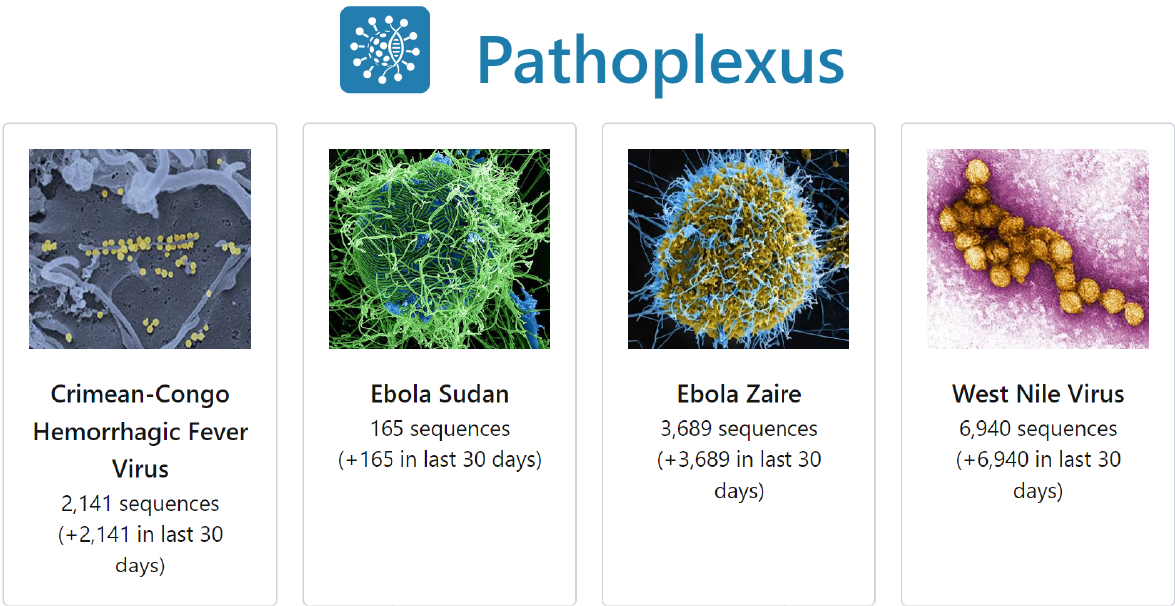
Michael Worobey
@MichaelWorobey
·
5h
The overseer of the world's largest repository of SARS-CoV-2 sequences may have used a fake identity to help promote the Chinese government's dubious "it-came-from-imported-frozen-food" explanation for why COVID emerged in China. (Impressive of
@macroliter
to go public.)

4
6
20
2,180

Michael Worobey
@MichaelWorobey
·
5h
This raises all kinds of questions about the integrity of decisions made by Bogner on behalf of Authorized Users of GISAID, as well as its funders, the WHO, and other stakeholders. If Peter Bogner really was using a fictitious "Steve Meyers" to try to steer scientific...
2
10
985

Michael Worobey
@MichaelWorobey
·
5h
consensus on COVID origins towards China's favoured scenario, I hope GISAID's funders, its Scientific Advisory Council, and the WHO will ask him as soon as possible his justification for doing this. Or try to talk to Steve Meyers about it.

Comment